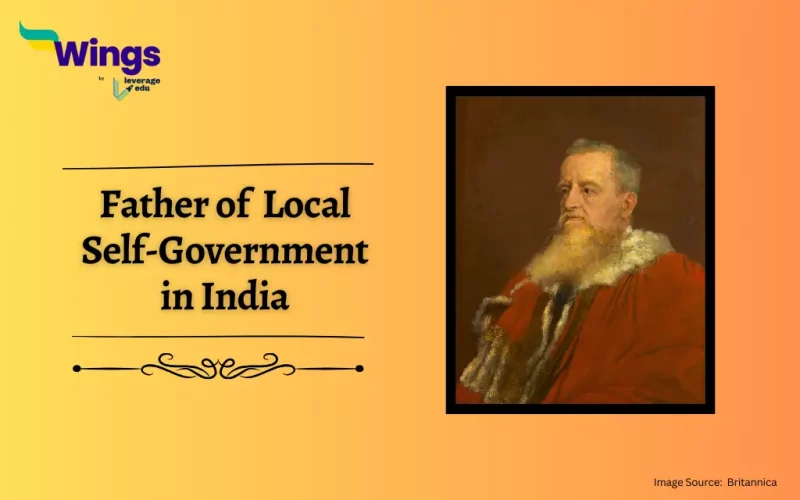The Father of Local Self Government in India is Lord Ripon. He was the Viceroy and Governor-General of India from 1880 to 1884. Lord Ripon is remembered for introducing the Indians to independence by establishing Local Self Government in 1882. Furthermore, this scheme led to the formation of Municipal Institutions across the country, a noteworthy development during the British rule in India. Under Lord Ripon, a series of laws were passed, thus granting greater powers to local bodies and expanding the rights of the elected representatives. In case you were wondering who is called the father of local self government in India now you know!
Also Read: Devolution of Powers and Finances up to Local Levels
Impact of Father of Local Self-Government in India Reforms
In addition, Lord Ripon’s reforms impact are as follows:
- Empowerment: Local bodies gained some control over essential services like sanitation, water supply, and education. Moreover, this encouraged a sense of ownership and accountability among local communities.
- Political Training Ground: Elections to local bodies gave a sense of democracy and experience in campaigning and self-governance. This experience proved valuable in the future struggle for independence.
- Foundation for Future: Lord Ripon’s reforms became the foundation for further decentralisation efforts in India. The 73rd and 74th Constitutional amendments in the 1990s significantly strengthened Panchayati Raj institutions (rural local governments) and urban local bodies, thus building upon the legacy established by Lord Ripon.
Thus, the Father of Local Self Government in India is Lord Ripon and his Reforms had a significant impact in India.
Related Blogs
Lastly, we hope you liked our blog and gained an understanding of the Father of Local Self Government in India. Moreover, you may even read more blogs and empower yourself with knowledge regarding Civics and Polity!
 One app for all your study abroad needs
One app for all your study abroad needs













